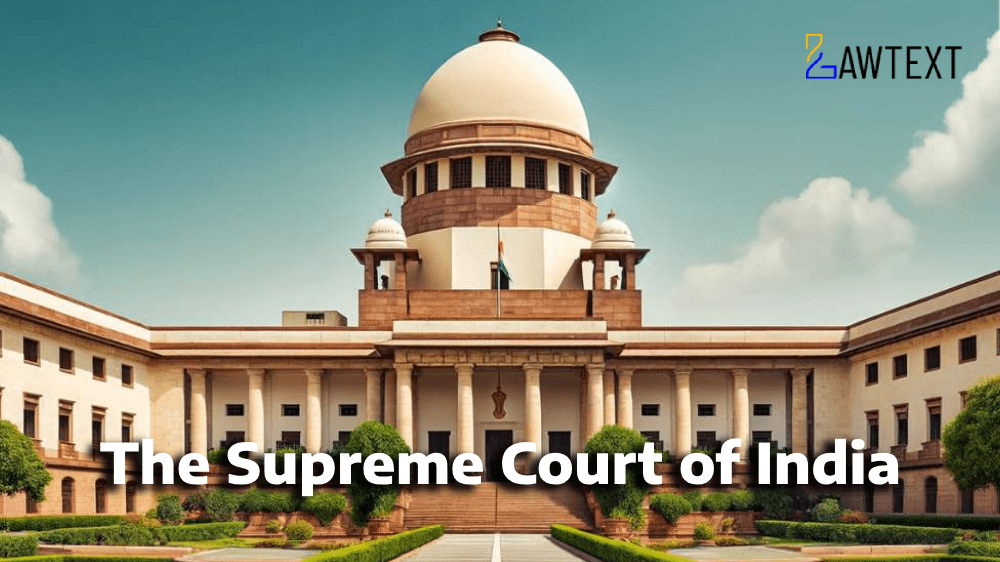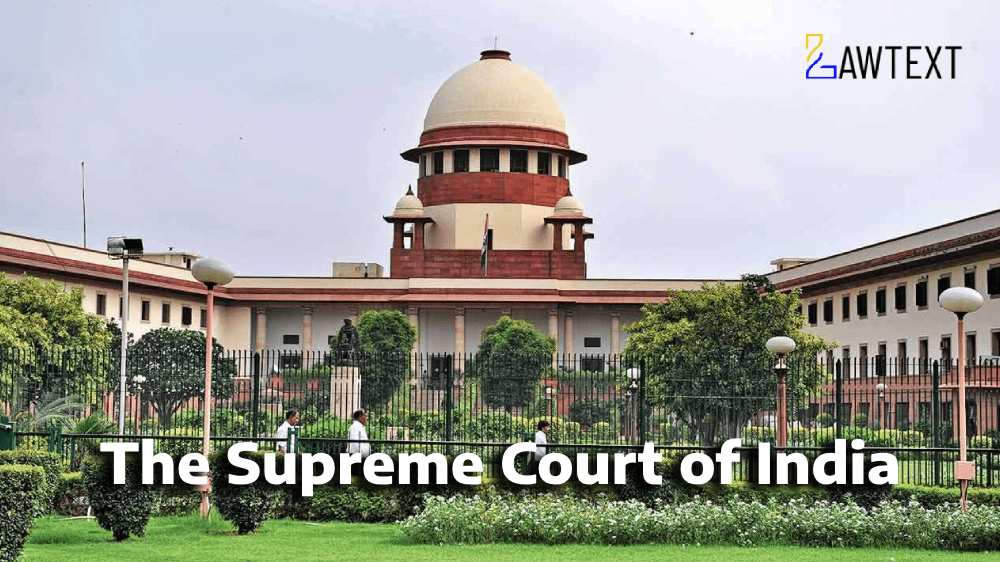Case Note & Summary
The Supreme Court is addressing appeals concerning a High Court judgment on a slum redevelopment project in Mumbai. The case involves various parties, including MHADA, Andheri Kamgar Nagar Co-operative Housing Society, Aurora Properties, Bombay Slum Redevelopment Corporation, and Samir Narain Bhojwani. Initially, an arbitral award favored Bhojwani, but it was set aside by the High Court. The Division Bench of the High Court remanded the case back for further consideration, prompting the current appeals. The Supreme Court is examining whether the Appellate Court under Section 37(1)(c) of the Arbitration Act has the authority to remand the case to the Section 34 Court.
1. Permission Granted Application for special leave petition allowed. Leave granted. 2. Factual Aspects Appeals against the High Court judgment dated 7th July 2023. MHADA leased property to Andheri Kamgar Nagar Co-operative Housing Society in 1993. Society appointed Aurora Properties as the developer in 1996, which failed to fulfill obligations. Society appointed Bombay Slum Redevelopment Corporation as the new developer in 1999. Agreement with Samir Narain Bhojwani in 2003 for construction. Various agreements and tripartite agreements followed. 3. Dispute and Arbitration Dispute arose in 2012 with allegations of default by Bhojwani. Arbitration proceedings initiated, resulting in a 2018 award favoring Bhojwani. Appellant challenged the award under Section 34 of the Arbitration Act. Single Judge of the High Court set aside the award in 2019. Division Bench of the High Court remanded the case for further consideration. 4. Submissions Appellant's arguments on the narrow scope of appeal under Section 37 of the Arbitration Act. Contention that the remand order by the Division Bench was unwarranted. Respondent and intervenors argued for the restoration of the Arbitral Tribunal's award. 5. Consideration of Submissions Issue revolves around the power of the Appellate Court under Section 37(1)(c) of the Arbitration Act. Review of the Arbitral Tribunal's award, which included multiple parts and directions. 6. Arbitral Tribunal's Award Validity of the Development Agreement. Directions for construction and obtaining permissions. Financial compensation and penalties for delays. Restrictions on the sale and transfer of properties. Declaration of certain agreements and allotments as void. Allocation of costs and rejection of other claims. 7. High Court's Findings Single Judge's detailed examination of the factual aspects and submissions. Issues of jurisdiction, continuous supervision, and specific performance. Findings on the impropriety of granting reliefs involving third parties and ongoing supervision. 8. Legal Implications Discussion on the applicability of the Specific Relief Act and the requirements for specific performance. Observations on the readiness and willingness of the respondent to perform obligations. ConclusionThe Supreme Court is set to address whether the Appellate Court under Section 37(1)(c) of the Arbitration Act can remand the case to the Section 34 Court, considering the detailed examination by the learned Single Judge and the complexity of the arbitral award.
Award of Damages and Findings by the Learned Single Judge The learned Single Judge found that the Arbitral Tribunal overlooked evidence when granting damages of Rs. 53 crores due to alleged delay by the respondent. The Tribunal only partially considered witness depositions and ignored evidence regarding the delay in other projects by the appellant. The learned Single Judge highlighted that damages were awarded without sufficient evidence of delay or proof that it impacted other projects. The learned Arbitrator's reliance on a news report was criticized as it was published post-arguments and amounted to a breach of natural justice. Assessment of Evidence and Counterclaims The Arbitral Tribunal ignored evidence showing the respondent sold flats at lower rates. The learned Single Judge noted that the building's load-bearing capacity was neither pleaded nor proven. Awarding interest on an interest-free deposit was contrary to the contract terms, showing patent illegality. Division Bench's Approach and Order The Division Bench decided to remand the case for de novo consideration by the learned Single Judge, citing a lack of detailed reasoning in the impugned order. The Bench emphasized the necessity to address several issues raised by both parties. Scope of Interference under Sections 34 and 37 of the Arbitration Act The Supreme Court underscored the limited scope of interference under Sections 34 and 37, referencing the MMTC Limited v. Vedanta Limited and UHL Power Company Limited v. State of Himachal Pradesh cases. The Appellate Court under Section 37 should ensure the Section 34 Court has not exceeded its jurisdiction. Remand Justifications and Exceptions Remand orders by Appellate Courts under Section 37 should be exceptional and unavoidable. Examples of exceptional cases include summary disposal without merits, lack of notice, or decisions involving deceased parties without legal representatives. Judicial Concerns and Recommendations The Supreme Court expressed concerns over the bulky nature of arbitral proceedings and lengthy submissions, leading to inefficiencies. The Court urged restraint from the bar in incorporating only legally permissible grounds to make arbitral proceedings more efficient and effective. Final Order The impugned judgment was set aside, and the Division Bench was requested to decide the appeals on merits after considering the arbitral award and the decision of the Section 34 Court. Interim relief during the pendency of these appeals was extended.
Issue of Consideration: Bombay Slum Redevelopment Corporation Private Limited Versus Samir Narain Bhojwani
Premium Content
The Issue of Consideration is only available to subscribed members.
Subscribe Now to access critical case issues





